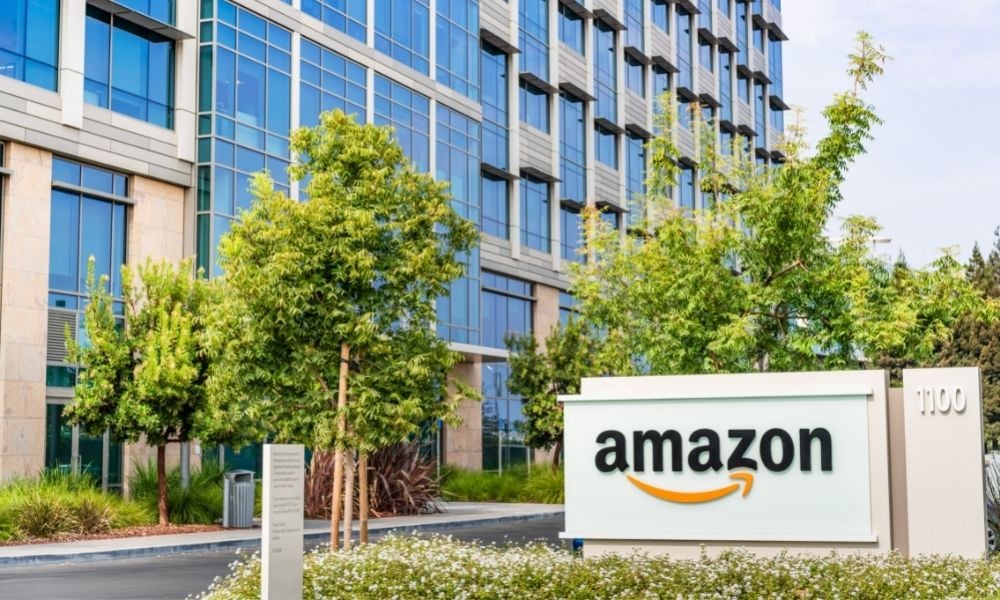
Andy Jassy admits company should have done better in helping employees during virus outbreak

Amazon chief executive officer Andy Jassy has admitted that the company could have done better in terms of assisting employees during the pandemic, especially when handing out paid leave. The company announced in March last year that employees diagnosed with COVID-19 will be entitled to a paid pandemic leave for up to two weeks. However, the system that was managing the new benefit fell apart following an unprecedented number of requests, which lead to some employees being refused leave and even threatened with termination, Bloomberg reported. Some even reported issues receiving their pay while they were utilising their leave, according to a CNBC report.
Jassy, during the GeekWire Summit, attributed the mishap to the population of the company.
"I think if you have a large group of people like we do — we have 1.2 million employees — it's almost like a small country. There are lots of things you could do better," the Amazon CEO was quoted as saying by CNBC.
He explained that the company's system handling the short- and long-term leave was not able to keep up with the huge number of requests.
"During the pandemic in our fulfillment centres, we had a system and a process around people being able to request short- and long-term leave and the process just didn't scale," Jassy said as reported by CNBC. "We never anticipated having a pandemic or having demand like that. It didn’t work the way we wanted it to work."
Nearly 20,000 frontline Amazon employees have contracted COVID-19, according to the company late last year. In a bid to prevent further outbreaks, the e-commerce giant implemented a number of measures in its warehouses that included distribution of facemasks, temperature checks, and extensive social distancing measures.
Read more: Amazon struggles to cope amid COVID-19
Despite such regulations, however, the company still faced growing unrest from employees who threatened to strike amid safety concerns. Protests among warehouse workers and delivery personnel also took place, demanding for better working conditions, according to CNBC.
Jassy admitted that the company is not pretending to be perfect, and that it is still working on reported issues inside the company.
"We don’t pretend that we're perfect," said Jassy as quoted by CNBC. "Sometimes I think there are exaggerations and anecdotal references that aren’t reflective of the whole. But there’s plenty we can keep working on and that we will be working on."
Amazon has since rolled out more benefits for its frontline workers, including paying for their college tuition fees and offering upskilling programmes for staff.